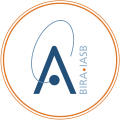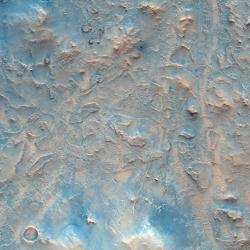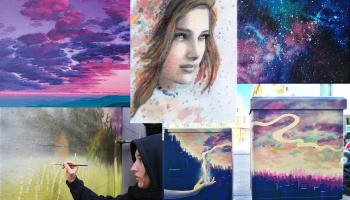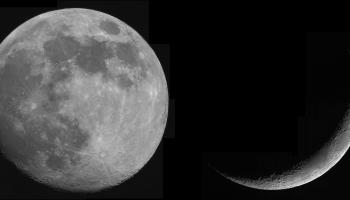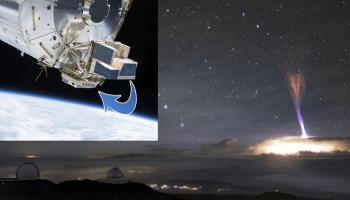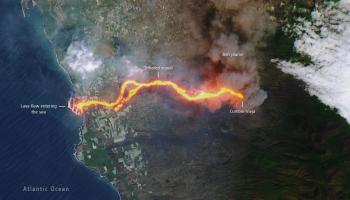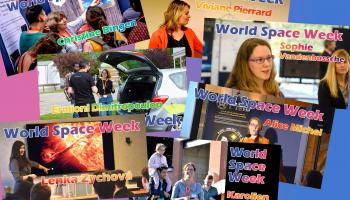Each year, we celebrate Women in Science Day on February 11. But why? What are we trying to achieve exactly? And how are we working towards it? At the Royal Belgian Institute for Space Aeronomy, we have recently started to work on a Gender Equality Plan (GEP), to lay out specific goals and ways to reach them. It is meant as a roadmap towards better working conditions for women and a more gender inclusive, and thus more innovative and productive environment. In future stages, the aim is to extend that road and tackle all kinds of diversity, be it gender or other.
Every now and then comes a day when you read a news title and have to re-read it twice to be certain you haven’t misread something. A rocket colliding with the Moon? Another science fiction plot entering the realm of reality, but it does not sound very cool this time. At least not to those involved in scientific space research and activities, or to those in love with the night sky and solar system as it was before the age of “space pollution”. Two of our senior scientists, involved in ESA Science and Earth Observation missions, Didier Fussen and Johan De Keyser share what the news looks like from their experienced perspectives.
On January 10, the lightning and thunder hunter ASIM will be relocated during a careful robotic activity, lasting about 4 hours. The robotic arm Canadarm2 anchored on the International Space Station will achieve this relocation under the scrutiny of the Belgian operations team (B.USOC).
Sunday, 28th of November 2021 is Science Day in Flanders and Brussels, a dazzling day full of discovery, experimentation and fun ! Find all possible activities (online only) via www.dagvandewetenschap.be.
As is the case every year, our Institute will participate as well, with four different activities, available in Dutch.
For the first time since 1971, the Cumbre Vieja volcano on La Palma (Canary Islands, Spain) started to erupt on 19 September 2021. Together with the outflowing lava, the volcano emits ash and several gases, amongst these sulphur dioxide (SO2). Volcanic ash and SO2 are dangerous to public health and aviation. Therefore, tracking and monitoring volcanic plumes and their constituents is very important. For this reason, since 2009 the Support to Aviation Control Service (SACS) system uses satellite observations to detect ash and SO2 emissions...
World Space Week is an international celebration of science and technology, and their contribution to the betterment of the human condition. The United Nations General Assembly declared in 1999 that World Space Week will be held each year from October 4-10. These dates commemorate two events:
